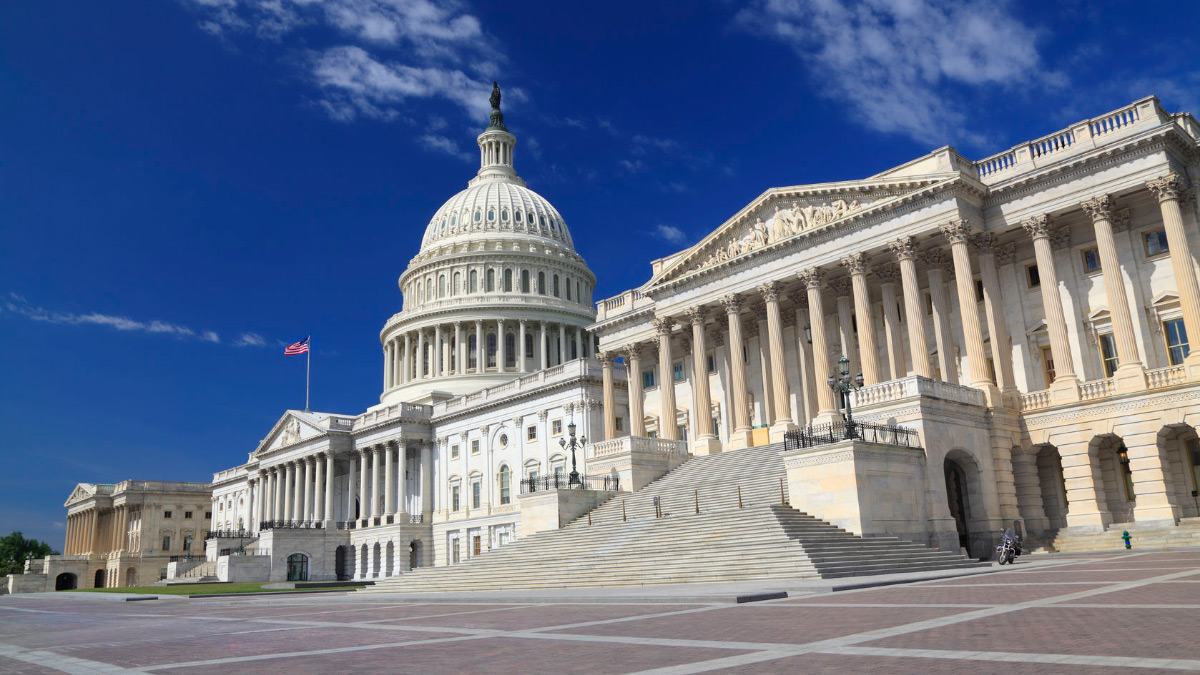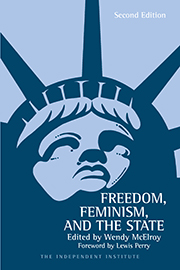Just hours before the House adjourned for a month-long August recess, Rep. Sheila Jackson Lee (D-Texas) introduced a version of the Violence Against Women Act (VAWA) for reauthorization in the House: HR 6545. VAWA expires after September 30. When Congress reconvenes on Sept. 4, it will have only a few weeks to reauthorize the bill. Otherwise stated, there will eleven legislative days before VAWA expires.
Since it was enacted in 1994, VAWA has been a touchstone for federal policies and funding on sexual assault and domestic violence, which guide local enforcement efforts. VAWA enjoys massive Democratic support, but GOP objections to the addition of programs has made reauthorizations increasingly difficult. In 2013, for example, Republicans balked at the programs that gave jurisdiction to Native American authorities to prosecute cases on Indian reservations, including against some non-Indians, and gave a path to legal status for undocumented immigrant survivors of domestic violence. When a GOP version of VAWA’s reauthorization failed that year in the House by a vote of 166-257, however, the Senate version passed, with 87 Republicans joining 199 Democrats in a bipartisan effort.
The current reauthorization may confront even more obstacles. The signs are there. VAWA was introduced this year without bipartisan co-sponsorship; there are 104 Democratic co-sponsors and no Republican ones. For the first time, VAWA was introduced in the House, rather than in the Senate; this could mean that the bill’s champions in the Senate, Sen. Grassley and Sen. Feinstein, were not confident of having sufficient or immediate support. The Department of Justice is responsible for carrying out VAWA but the head of the DOJ, Jeff Sessions, opposed the Act in 2013 when he was a senator. And, of course, there has been a change in the White House from a sympathetic President Obama to a much more critical President Trump.The language of the new version will also cause a backlash. An aide to the Republican House Judiciary Committee reportedly said the committee was working diligently to reauthorize VAWA but the Jackson Lee bill “has many controversial provisions that do not have the support needed to pass in the House.”
The reauthorization dramatically expands the definition of domestic violence, for example. The current version states, “The term ‘domestic violence’ includes felony or misdemeanor crimes of violence...” The proposed new definition: “The term ‘domestic violence’ means a pattern of behavior involving the use or attempted use of physical, sexual, verbal, emotional, economic, or technological abuse or any other coercive behavior committed, enabled, or solicited to gain or maintain power and control over a victim.”
Technological abuse “means behavior intended to harm, threaten, intimidate, control, stalk, harass, impersonate, or monitor another person, except as otherwise permitted by law, that occurs via the Internet, social networking sites, computers, mobile devices, cellular telephones, apps, location tracking devices, instant messages, text messages, or other forms of technology. Technological abuse may include—unwanted, repeated telephone calls, text messages, instant messages, or social media posts.”
This is a considerable expansion from domestic violence being “felony or misdemeanor crimes of violence.” Indeed, the definition is so broad that marital disagreements, lover’s quarrels, and obnoxious social behavior could easily qualify as crimes.
The 2018 bill also gives law enforcement more scope to remove firearms from domestic abusers. Since the definition of abuse now includes traditionally non-violent behavior, such as making repeated phone calls, this provision may run up against a strong gun lobby that already feels under concerted attack.
And, then, there is the revival of an issue over which the 2013 reauthorization stumbled: Native American courts. The bill directs Attorney General Sessions and the Interior secretary “to work with tribes to evaluate laws and policies on missing and murdered native women and report to Congress with recommendations.” As part of tracking such data, tribal access to federal crime databases would be improved. The abuse of native men seems to be ignored, even though it is documented.
As always, the cost of funding new programs will loom large. The proposed increases in the VAWA Appropriations is approximately $253 million, which would increase the total appropriation by nearly 50 percent.
It is not clear whether reauthorization can pass the House, but there are voices of optimism. AshLee Strong, a spokeswoman for House Speaker Paul Ryan (R-Wis.), stated, “we have every expectation that it will be reauthorized” by the deadline. If it does move to the Senate, the fate of VAWA’s reauthorization is murkier.
Riding a surge of outrage from the #MeToo movement, the reauthorization debate is going to be a flash point with any opposition evoking howls of protest and accusations of racism and sexism. If the bill does not pass, then it is certain to become a major issue for the Democrats in the upcoming November midterms. After all, American women, “who comprised 53 percent of voters in 2016, will control the outcome of the midterm contests”—that is, assuming women vote as a block. Pass or fail, VAWA reauthorization may be a winning issue for Democrats.










